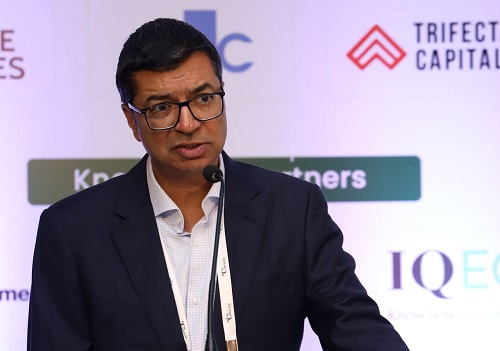India`s booming construction sector could add 30 million jobs by 2030 - Knight Frank

Follow us Now on Telegram ! Get daily 10 - 12 important updates on Business, Finance and Investment. Join our Telegram Channel
India's booming construction sector, driven by expanding urban housing demand and state spending on infrastructure such as roads, could add up to 30 million jobs by March 2030 to the current 70 million, an industry report said on Thursday.
The real estate sector, which suffered massively during the two years of pandemic, has been recovering fast, while state spending on the road network, ports, airports and other infrastructure has gone up over the past few years, said Gulam Zia, senior director of Knight Frank, a real estate consultancy.
S&P Global on Thursday projected the Indian economy to grow by an average annual rate of 6.7% to March 2031, driven by manufacturing and services exports and consumer demand, despite short-term challenges from rate hikes and a global slowdown.
Improving business sentiment and conducive policy measures have boosted domestic and global investor interest in construction, India's second largest employer after farming.
"We are seeing a surge in real-estate demand in the top eight cities as well as in smaller towns, driven by rising household incomes and global service providers who are outsourcing to India," Zia said.
Knight Frank expects India's construction sector, along with real estate services, to account for about one-fifth of the economy by 2030, employing 100 million workers.
Construction firms are expected to add jobs for 10.5 million skilled workers, nearly 80 million semi-skilled workers, 1.1 million engineers, 1.5 million technicians and a million clerical staff, the report said.
Knight Frank said it expected annual real estate turnover to grow to $1 trillion by 2030 from $650 billion at present.
The expansion could employ some of the nearly 100,000 engineering graduates and tens of thousands of rural migrant workers entering the job market every year.
Currently only 50% of graduating civil engineers are staying in the sector as they find it challenging to meet industry requirements and can find employment more easily elsewhere, the Knight Frank report said.

























